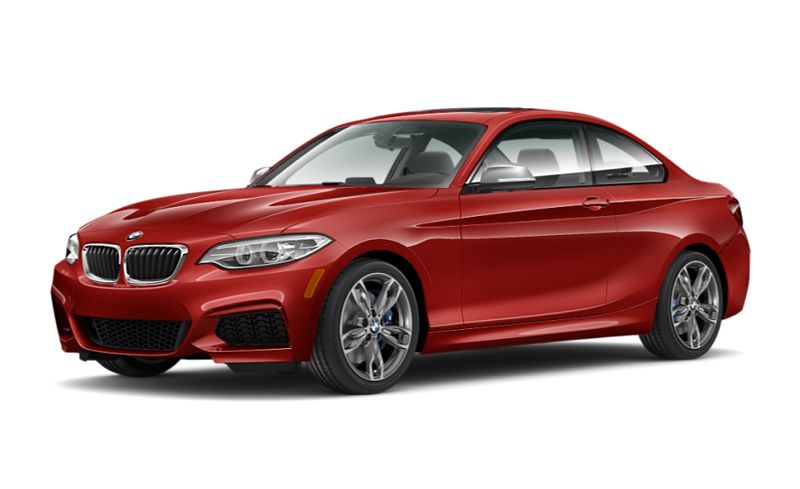5 Tips for Your Next Car
It is no secret that dentists love cars. DMD put together our top considerations specifically for dental professionals looking to make a change. If you're thinking about purchasing your next ride, check out our top tips before you make a decision.

Choosing a car that fits your lifestyle is crucial when purchasing your next ride
1. Your car and your practice
If a picture is worth a thousand words, then a car is your autobiography. Consider how potential patients and referring doctors perceive you based on the car you drive, and use these insights to purchase a car that fosters your brand and supports your business objectives.
Practice owners may also be able to get tax write-offs for business-related vehicle expenses. These deductions depend on the type of car you buy and how you use it. Be sure to keep detailed spending records and talk to your accountant to personalize a deduction strategy. If you own a practice or a small business, these deductions may significantly impact your bottom line.
2. A car fit for a dentist
The Journal of Physical Therapy Science revealed that 70 percent of dentists experience lower back pain. As a dentist, your lifestyle is unique and your car should reflect that. Look for a car that matches your lifestyle by keeping you satisfied and supporting your lower back. The best seats for sore backs are those that offer adequate lumbar support, leg support and a high degree of adjustability, says Warren Clarke for Edmunds.com.
3. Pick a car with a purpose
Whether you are hauling the team to soccer practice, beating the afternoon rush, or restocking the fridge, your car plays a vital role in keeping you moving throughout the day. Choose a car that meets the demands of your life. If you have active children, go with a rugged SUV that can handle muddy cleats and road trip snacks. A sporty yet practical sedan may be a better choice for your personal vehicle — just make sure you can fit the groceries or a few suitcases in the trunk.
4. Buy or Lease?
Buying and leasing each have advantages and disadvantages, but which one is right for you? If you buy a car, it is yours to keep after you pay the full value. Financing lets you borrow from a lender and make monthly payments until you repay the loan. Use caution when financing, however, as interest rates can increase the amount you pay in the long run.
A lease is like an extended rental. You make monthly payments for the car and return it after the lease term ends. Lease payments could be lower than loan payments, but may come with an initial charge and additional fees. Look at your finances and consult an accountant before deciding which option is best for you.
5. Get a car you want to drive
In the words of The Blind Side’s Leigh Anne Tuohy, “If you don’t love it in the store, you won’t wear it.” This fashion advice is paramount at the local department store, but also holds true at the dealership. Decide what automotive attributes matter to you most and find a car that meets them. A great car should enhance family road trips and give you some headspace during a commute.
ACTIVA BioACTIVE Bulk Flow Marks Pulpdent’s First Major Product Release in 4 Years
December 12th 2024Next-generation bulk-fill dental restorative raises the standard of care for bulk-fill procedures by providing natural remineralization support, while also overcoming current bulk-fill limitations.